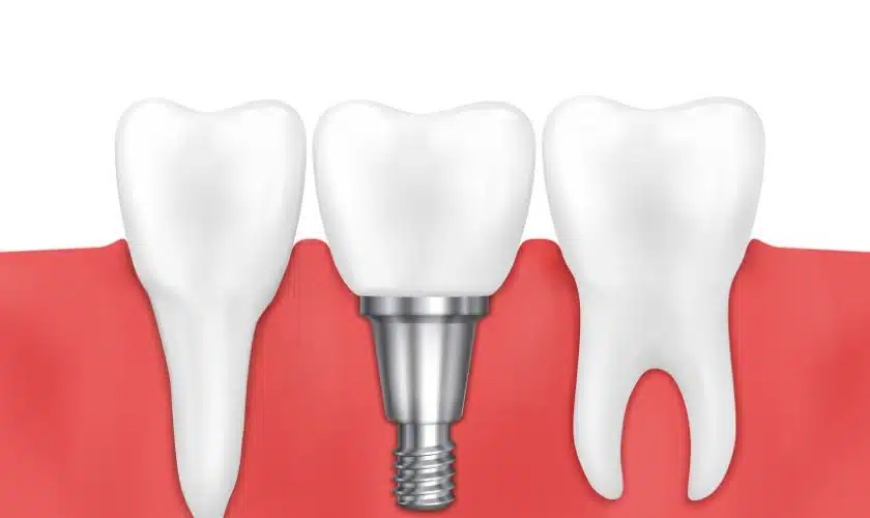Dental Implants: Key Insights and Considerations
Dental implants, also known as implant dentures, are biologically engineered teeth replacements. Consisting of an implant body embedded in the jawbone for support and a crown for chewing, they replicate the shape and function of natural teeth. This innovation is customized based on individual bone changes post tooth loss.

1. The Process of Getting Implants Implant surgery is often painless, performed under local anesthesia. Post-surgery discomfort is minimal, akin to tooth extraction pain, and manageable with prescribed painkillers. Clinically, implant surgery tends to be less painful than tooth extractions, based on patient feedback.
2. Advantages of Dental Implants Implants offer several benefits over removable dentures and bridges. They provide better comfort without the need for daily removal, do not wear down adjacent teeth, and have a longer lifespan. Implants also preserve jawbone structure and are more effective in long-term treatment outcomes compared to traditional fixed bridges.
3. Dental Implant Success Rates Generally, the success rate for lower jaw implants exceeds 95%, and for upper jaw, it's over 90%. Advancements in implant technology continue to improve these rates.
4. Who Needs Dental Implants? Dental implants are suitable for anyone with tooth loss, especially those seeking a more comfortable and aesthetic solution than removable dentures. They're also an option for patients with significant bone loss where traditional methods are ineffective.
5. Duration of Dental Implant Treatment The treatment typically spans 4-6 months, barring the need for bone grafting, which can extend the process. Patients with periodontal diseases require prior treatment, which can vary in duration depending on the condition's severity.
6. Timing for Dental Implants After Tooth Extraction Standard practice is to wait 3-6 months after extraction before implant surgery. However, immediate implants are feasible in some cases, particularly for front teeth without infection, preserving bone and gum for better aesthetic results.
7. Dental Implants in Elderly Patients Age is not a barrier to dental implants. They are often a viable solution for older patients dissatisfied with traditional dentures. However, they are not recommended for patients with severe systemic diseases or those undergoing certain long-term medications.
8. Bone Grafting and Implants' Longevity Bone grafting is necessary when jawbone atrophy impedes implant stability. Proper oral hygiene and regular check-ups are crucial for the longevity of implants, with studies showing a success rate of over 95% after 15 years.
What's Your Reaction?




























:quality(85):upscale()/2024/01/25/878/n/1922153/f94f61ec65b2bf18018990.47538761_.jpg)

:quality(85):upscale()/2024/01/26/759/n/29590734/b7f6660b65b3e8460d7196.77057039_.jpg)
:quality(85):upscale()/2024/01/27/741/n/1922153/8d43a26665b533b214de01.38307153_.jpg)












